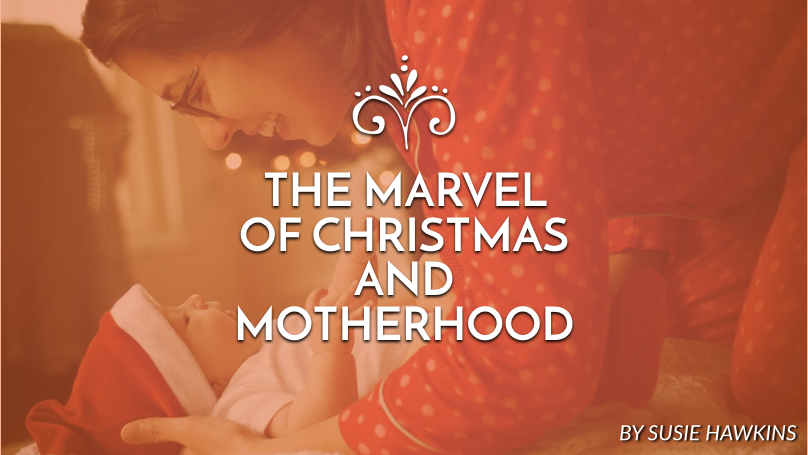I’ve recently been reading a new book by Tim Keller, Walking with God Through Pain and Suffering. In it, he says that the modern approach to happiness is to remove any and all suffering: avoid pain, or if you can’t, sedate it. But, as he points out, “No amount of money, power, and planning can prevent bereavement, dire illness, relationship betrayal, financial disaster, or a host of other troubles from entering your life. Human life is fatally fragile and subject to forces beyond our power to manage.”
Many Christians are hesitant to talk about happiness that bluntly. We put a glib smile on and think that “letting go and letting God” should make everything all better. But the Bible gives a more nuanced perspective. It recognizes the dark reality of life and offers an answer for it.
An illustration in Psalm 1 compares a happy life to a flourishing tree, which assumes that life goes through seasons. There will be summer seasons when everything is going well, but there will also be winter seasons and droughts that threaten to starve us. If our strategy for happiness is staying in the “summer season” of our lives, then when our circumstances change for the worse—and, at some point, they willchange—our happiness will disappear.
We need something deeper than circumstances. We need roots that go deep into the gospel, so that in the winter of loneliness, in the drought of depression, in the storms of temptation, our soul will remain steadfast.
1. Treasure the Word
The psalmist says that the happy person “meditates day and night” on the Word of God (Psalm 1:2). It’s not a duty for him, but a delight. When I fell in love with my wife Veronica, it wasn’t a duty for me to think about her. It was simply where my mind constantly went, day and night. I would read and re-read her letters, hundreds of times.
We will only escape the pleasures of the world if we have a greater pleasure in the Word. Many of us wouldn’t naturally put those two words together—pleasure and Word. For us, reading the Bible is a religious duty, something on a checklist that makes us feel guilty. But listen to Brother Lawrence, a 16th century monk talk about meeting God in Scripture: “I find myself attached to God with greater sweetness and delight than an infant suckling at his mother’s breast… I have at times such delicious thoughts on God that I am ashamed to mention them.”[1]
That’s taking it to a whole new level. (And we call that level, “a little awkward.”) But how many of us know anything about that kind of intimacy with God? I’m convinced that most of the spiritual struggles we go through are more related to our lack of intimacy with God than our fascination with sin.
One practical way of treasuring the Word is to do as the psalmist did—to meditate on it. That’s a Hebrew word that literally means, “mumble to yourself.” I’ve heard it compared to how a cow chews the cud: it eats some grass, lays down for a nap, wakes up and regurgitates the previous grass, chews on it some more, takes another nap, and on and on. That’s what we are to do with the Bible. We need to read our Bible like a cow, memorizing it, pondering it, “chewing it up” to extract every last bit of goodness it can offer.
2. Treasure the Church
“Don’t stand in the way of sinners,” the psalmist says, “or find your place among the scoffers” (Psalm 1:1). Note what he isn’t saying. He doesn’t tell us to simply avoid sin (as correct as that would be). Instead, he tells us to choose our community wisely. Why? Because as a friend of mine says, “Your friends are your future you.” If you want to know what you’ll be like in the future, just take a look around at your present friends.
This goes for your kids as well. Their friends are their future them. Trust me, I could be the best speaker in the world, but if hearing from me once a week is all your kids are getting, it’s not going to make a dent spiritually. Only when the church, the people of God, becomes the community for your children will they begin to really grow. Some of us need to take a hard look at the schedules we set for our kids and ask what we’re inadvertently telling them matters.
The church isn’t an event to attend on the weekend. It is a community, and should be the place of our bestand deepest relationships. Sermons might inspire us, but it is our community that shapes us.
Published September 20, 2016

